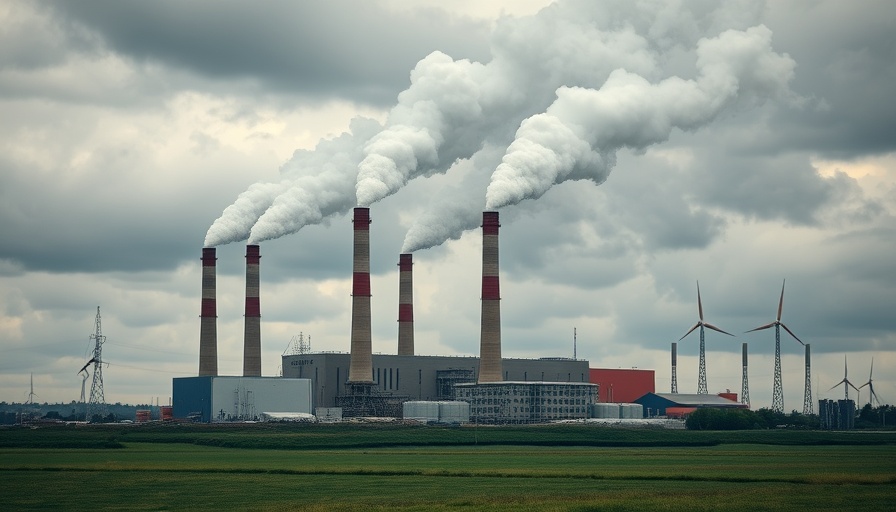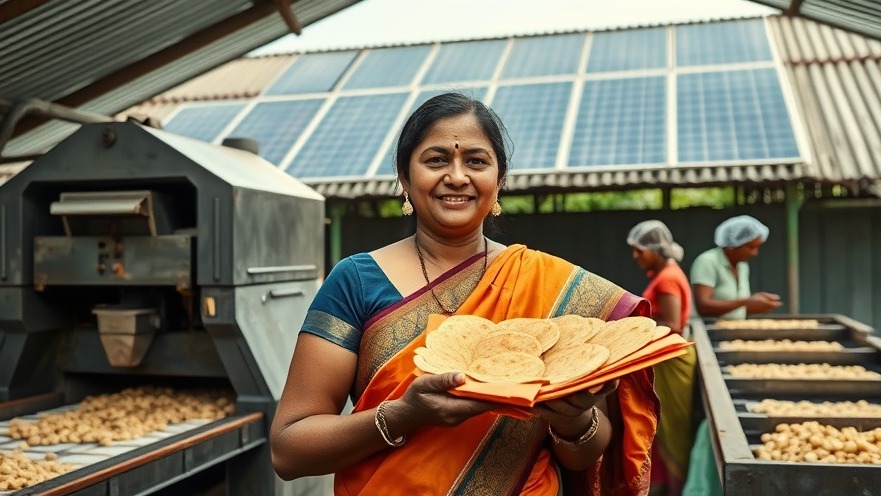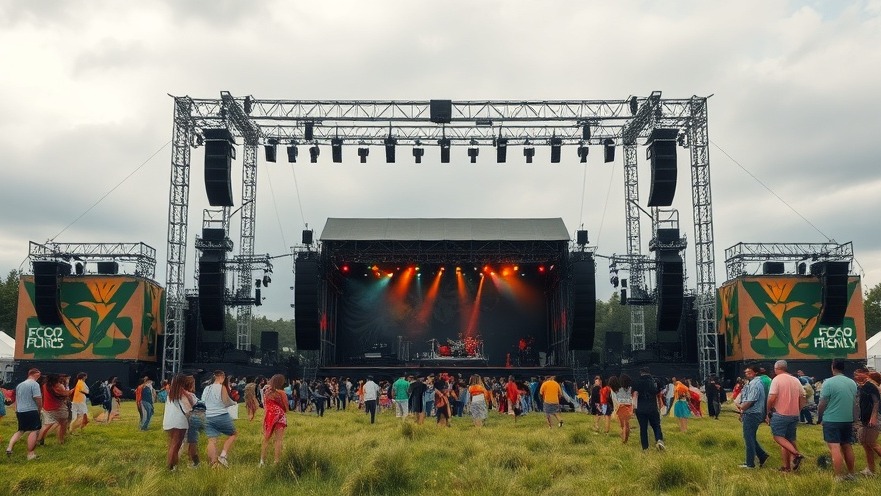
The Dawn of a Coal-Free Ireland: A Clean Energy Transition
Ireland's bold move to shut down its last remaining coal power plant, Moneypoint, six months ahead of schedule marks a significant milestone in the global shift towards cleaner energy. As the sixth country in Europe to eliminate coal from its energy mix, this decision not only signals the end of an era for coal but also aligns with a growing commitment to renewable energy sources.
Understanding the Environmental Impact of Coal
Coal has long been one of the most polluting fuels, contributing to greenhouse gas emissions and air pollution that pose serious risks to public health and the environment. The closure of Moneypoint, which once stood as a beacon of energy production in the 1980s, indicates a broader recognition of these risks and a dedication to shifting towards cleaner alternatives.
A Step Towards Renewable Energy
As Paddy Hayes, CEO of ESB, aptly pointed out, "This is the end of coal in Ireland and the start of a cleaner energy future." The transition from coal to renewables such as wind, solar, and hydroelectric power presents numerous opportunities not just for environmental sustainability, but also for economic revitalization in local communities. For boutique hospitality professionals who aim to create eco-conscious lodging experiences, embracing this energy transition can enhance their offerings by minimizing reliance on fossil fuels and promoting sustainable tourism.
Challenges Ahead: The Need for Balanced Energy Policies
Despite the optimistic outlook, environmental advocates caution that the journey to complete energy sustainability is still underway. Jerry Mac Evilly from Friends of the Earth highlighted the importance of regulating fossil fuel dependency, particularly with the ongoing necessity for oil-based backup at Moneypoint until 2029. This raises critical questions for the hospitality sector about balancing energy needs while remaining committed to sustainability.
The Broader European Context
Irelands' closure of Moneypoint coincides with a significant movement across Europe, where 23 countries are now engaged in phasing out coal. Nations like Italy and Spain are also making strides in this direction, pushing toward a cleaner, more sustainable future. Understanding these trends can help hospitality professionals align their businesses with the growing demand for eco-friendly practices.
Beyond Coal: The Importance of Biodiversity and Sustainable Practices
As we look toward a future free from coal, it's crucial to address other environmental challenges that affect ecosystems, such as microplastics and their impact on natural reserves and biodiversity. For boutique accommodations, fostering ecosystems and biodiversity—such as planting native flora that supports pollinators like bees—can enhance both the ecological value and the guest experience.
Taking Action: Becoming Eco-Conscious Hospitality Leaders
For those in the boutique hospitality industry, there are actionable insights to embrace this energy transition. Implementing renewable energy solutions within your accommodations, emphasizing local products, and promoting responsible tourism can significantly contribute to creating a sustainable travel experience.
As we move towards this unprecedented change in energy sourcing, staying informed, and adapting to the new landscape will be essential. For hospitality professionals eager to lead in this eco-conscious movement, engagement with these developments will not only shape the future of their businesses but also amplify their impact on the environment.
 Add Row
Add Row  Add
Add 




Write A Comment